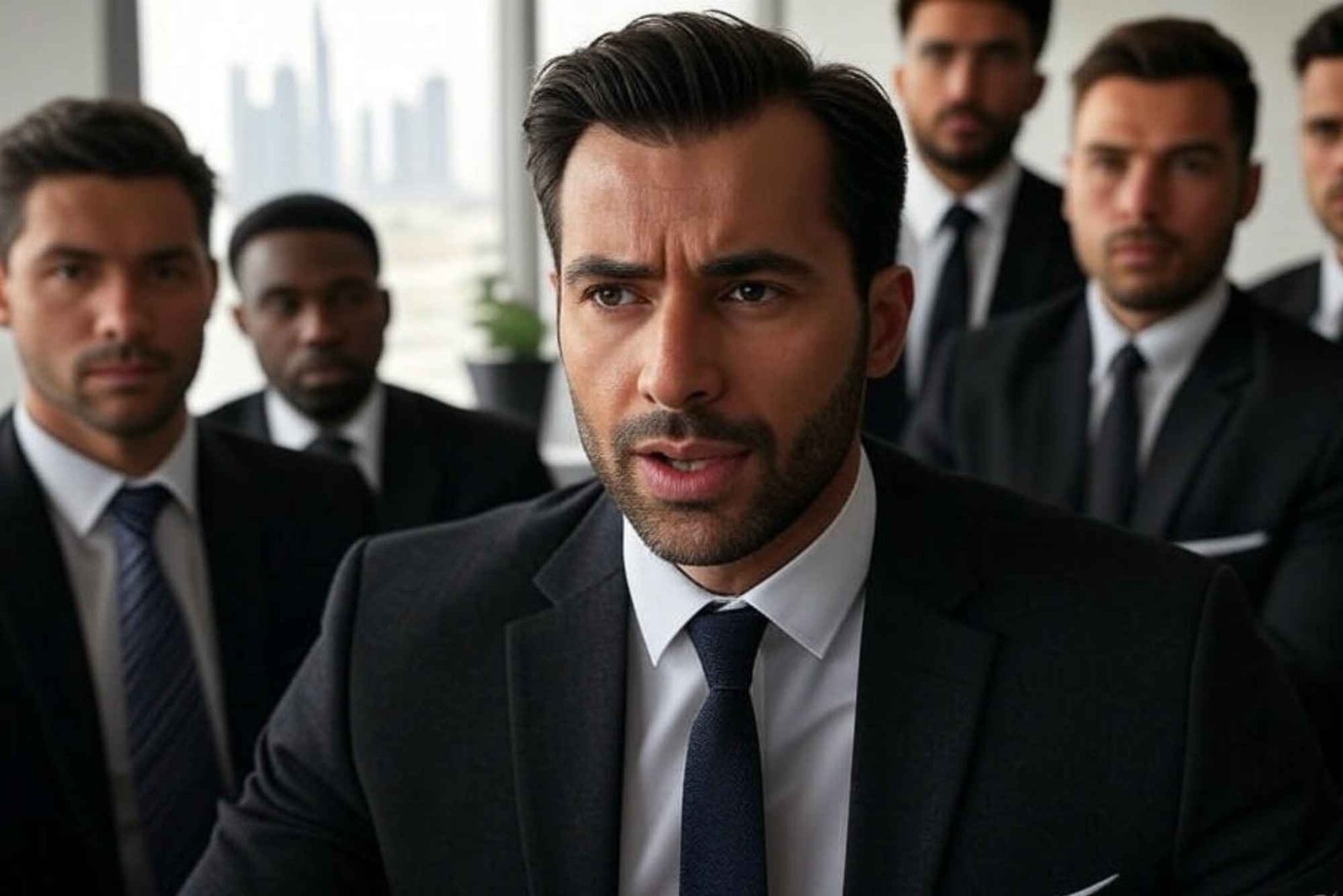Fraud is considered a serious criminal offense under UAE law and carries severe penalties, including imprisonment, fines, and deportation for expatriates. Whether committed by individuals or corporate entities, fraud involves intentional deception for personal or financial gain. Allegations of fraud may arise in various contexts, from commercial transactions and banking operations to online scams and falsification of documents. In such cases, the role of criminal lawyers in Dubai becomes crucial in ensuring a fair legal process and protecting the rights of the accused. Understanding how legal professionals construct a defense in fraud cases offers insight into the robust legal framework that governs the UAE’s criminal justice system.
Understanding Fraud Under UAE Law
Before delving into defense strategies, it is important to understand what constitutes fraud under UAE law. Fraud is generally defined as an act of deception committed to unlawfully obtain money, assets, or a benefit. The UAE Penal Code outlines a wide range of fraudulent behaviors, including forging documents, identity theft, financial misrepresentation, and manipulation of electronic data.
Under the UAE’s legal system, which incorporates both civil and Sharia principles, the prosecution bears the burden of proof. This means that the accused is presumed innocent until proven guilty. For a conviction, the prosecution must establish intent, action, and resulting damage. This standard provides a framework upon which defense strategies are built.
Initial Assessment and Legal Consultation
The defense process begins with a thorough legal consultation. During the initial stages, criminal lawyers in Dubai conduct detailed interviews with the accused to understand the nature of the allegations, the client’s version of events, and the circumstances surrounding the case. This assessment helps lawyers determine the strength of the prosecution’s evidence, identify inconsistencies, and advise the client on potential legal outcomes.
Additionally, lawyers gather documentation such as financial records, correspondence, and transactional data that can be used to challenge the charges. In some cases, expert opinions from forensic accountants or IT specialists may also be sought to analyze complex evidence.
Evaluating the Legality of Evidence
One of the key strategies employed by defense lawyers is scrutinizing the legality of the evidence presented by the prosecution. Under UAE law, any evidence obtained unlawfully, such as through unauthorized surveillance or coercion, may be deemed inadmissible. Lawyers will examine whether search warrants were issued properly, whether digital evidence complies with cybercrime legislation, and whether witness testimonies are credible and consistent.
If the defense can successfully demonstrate that evidence was obtained in violation of the law, it can lead to the exclusion of that evidence and potentially weaken the prosecution’s case significantly.
Disproving Criminal Intent
Establishing intent is a crucial component of any fraud charge. Lawyers often aim to demonstrate that their client did not possess the requisite intent to commit fraud. For instance, they may argue that the accused acted under a genuine misunderstanding, made an honest mistake, or lacked awareness of the fraudulent elements in a transaction.
In corporate settings, it is possible for employees to be accused of fraud without being the direct perpetrators. In such cases, the defense may argue that the accused had no control over, or knowledge of, the fraudulent activities and that any actions taken were in good faith and within the scope of their professional duties.
Challenging the Reliability of Witnesses
Witness testimony often plays a significant role in fraud investigations. Defense lawyers may challenge the reliability, credibility, or motivations of witnesses presented by the prosecution. This involves cross-examination during court proceedings to reveal inconsistencies in their statements or potential bias. For example, a disgruntled former employee or business rival may exaggerate claims or present misleading information.
The defense may also present its own witnesses who can testify to the character of the accused or offer alternative explanations for the alleged actions. These testimonies can be crucial in shaping the court’s perception and introducing reasonable doubt.
Leveraging Technical and Forensic Analysis
In modern fraud cases, especially those involving digital transactions, technical evidence can be highly complex. Lawyers may collaborate with forensic experts to analyze electronic communications, financial software records, and cyber footprints. This analysis can uncover discrepancies in timelines, authentication failures, or access logs that suggest the involvement of third parties.
For example, if fraud was committed using a digital platform, forensic experts might demonstrate that the device or account used was compromised or accessed by someone other than the accused. Such findings can be pivotal in proving the innocence of the client or mitigating their level of involvement.
Negotiating Settlements or Reduced Charges
In some cases, the best course of action may involve negotiation with the prosecution. Lawyers may seek to have charges reduced or dropped entirely in exchange for restitution or cooperation. This is particularly applicable when the evidence is not strong enough for a guaranteed conviction, or when the accused is willing to compensate the affected parties.
While the UAE maintains a strict approach to fraud, courts may consider mitigating factors such as the return of stolen funds, a lack of prior criminal history, or genuine remorse when determining sentencing. Skilled legal representation can facilitate such negotiations and work towards a more favorable outcome for the client.
Navigating Language and Cultural Barriers
The multicultural environment of Dubai presents unique challenges in fraud cases, particularly when foreign nationals are involved. Miscommunications, mistranslations, or lack of understanding of local legal procedures can complicate the defense. Lawyers often play a critical role in bridging these gaps by ensuring that their clients fully understand their rights, court proceedings, and possible legal outcomes.
Legal professionals also assist in navigating the complexities of official procedures, such as submitting documents in Arabic, attending scheduled hearings, and responding to inquiries from law enforcement. This support ensures that the defense is both compliant and efficient.
Appeals and Post-Conviction Remedies
If a conviction occurs, the defense does not end at the trial level. Lawyers may file appeals on various legal grounds, such as procedural errors, misinterpretation of the law, or newly discovered evidence. The UAE judicial system provides several levels of appeal, including the Court of Appeal and the Court of Cassation, offering additional opportunities for justice.
In some cases, post-conviction relief may also involve seeking a reduction in sentencing or applying for clemency. Lawyers guide their clients through these avenues and prepare comprehensive submissions to support their claims.
Defending fraud accusations in Dubai requires a nuanced understanding of local law, judicial procedures, and the unique cultural context of the UAE. Through meticulous case evaluation, challenging of unlawful evidence, disproving intent, and presenting expert analyses, criminal lawyers in Dubai are instrumental in safeguarding the legal rights of the accused. Their work not only influences individual case outcomes but also reinforces the principles of fairness and due process within the broader legal system.
Whether representing a corporate executive, small business owner, or individual accused of wrongdoing, lawyers play a pivotal role in ensuring that justice is administered according to the law. Their defense strategies are rooted in thorough investigation, legal acumen, and an unwavering commitment to the rule of law. For anyone facing fraud allegations, timely engagement with experienced legal professionals can make a decisive difference in navigating the challenges ahead.




